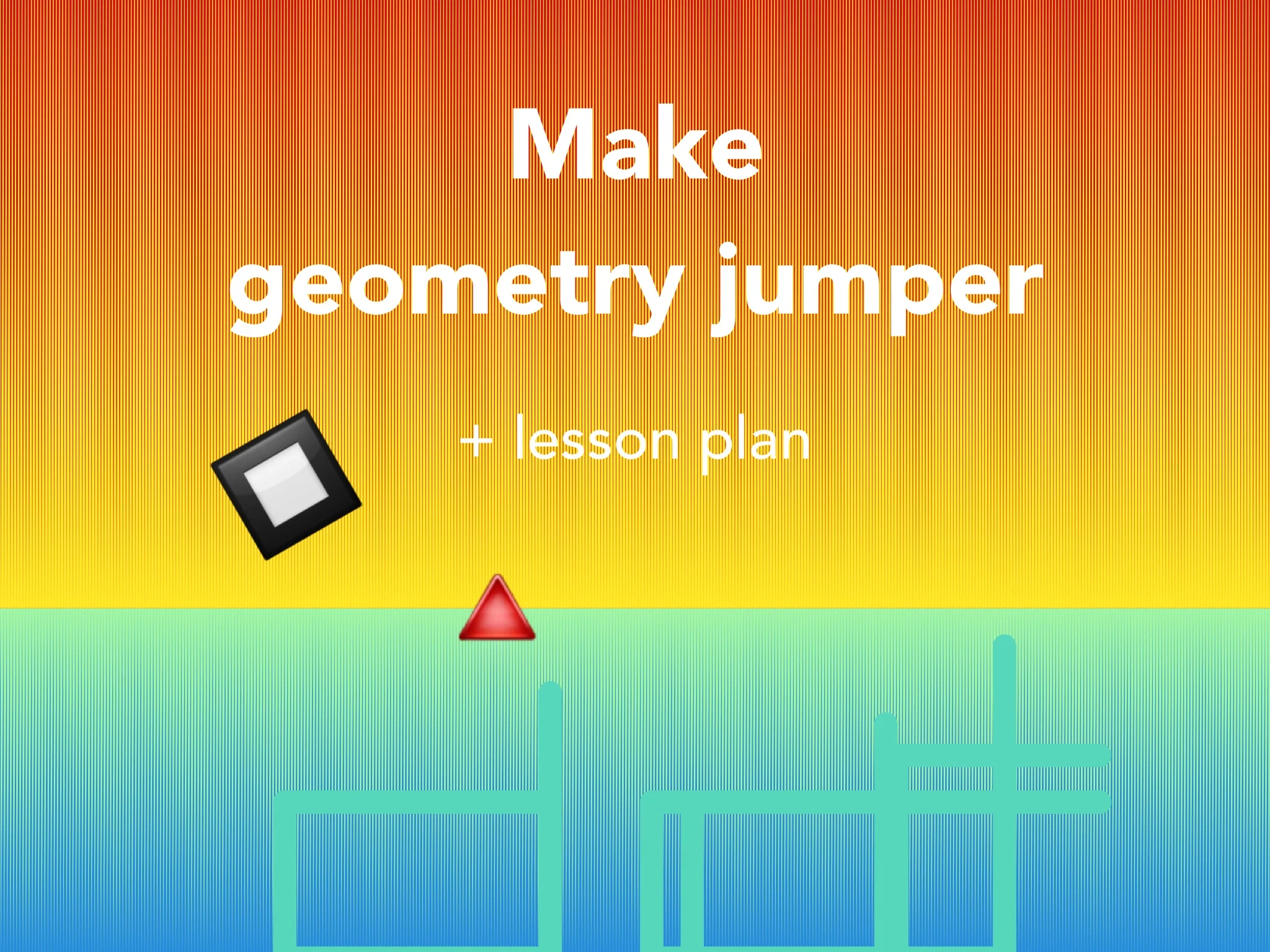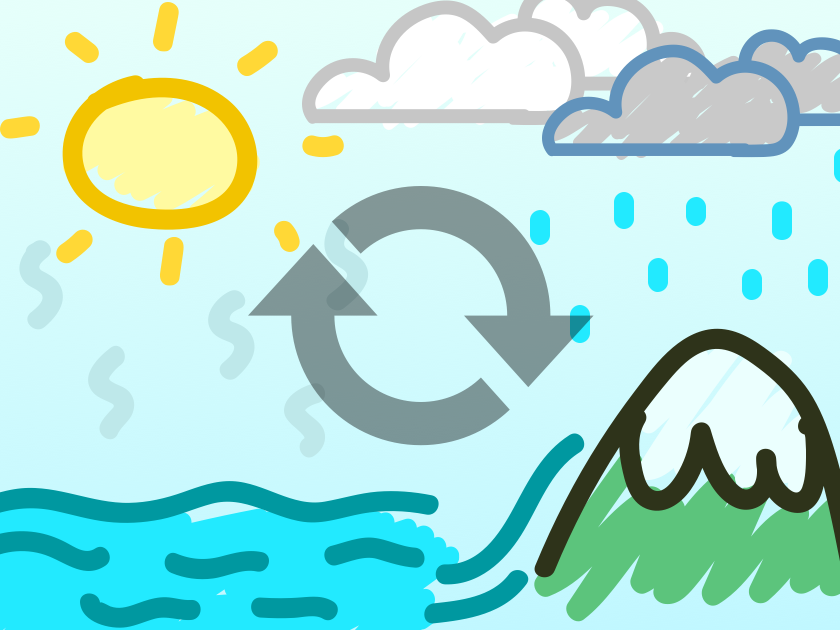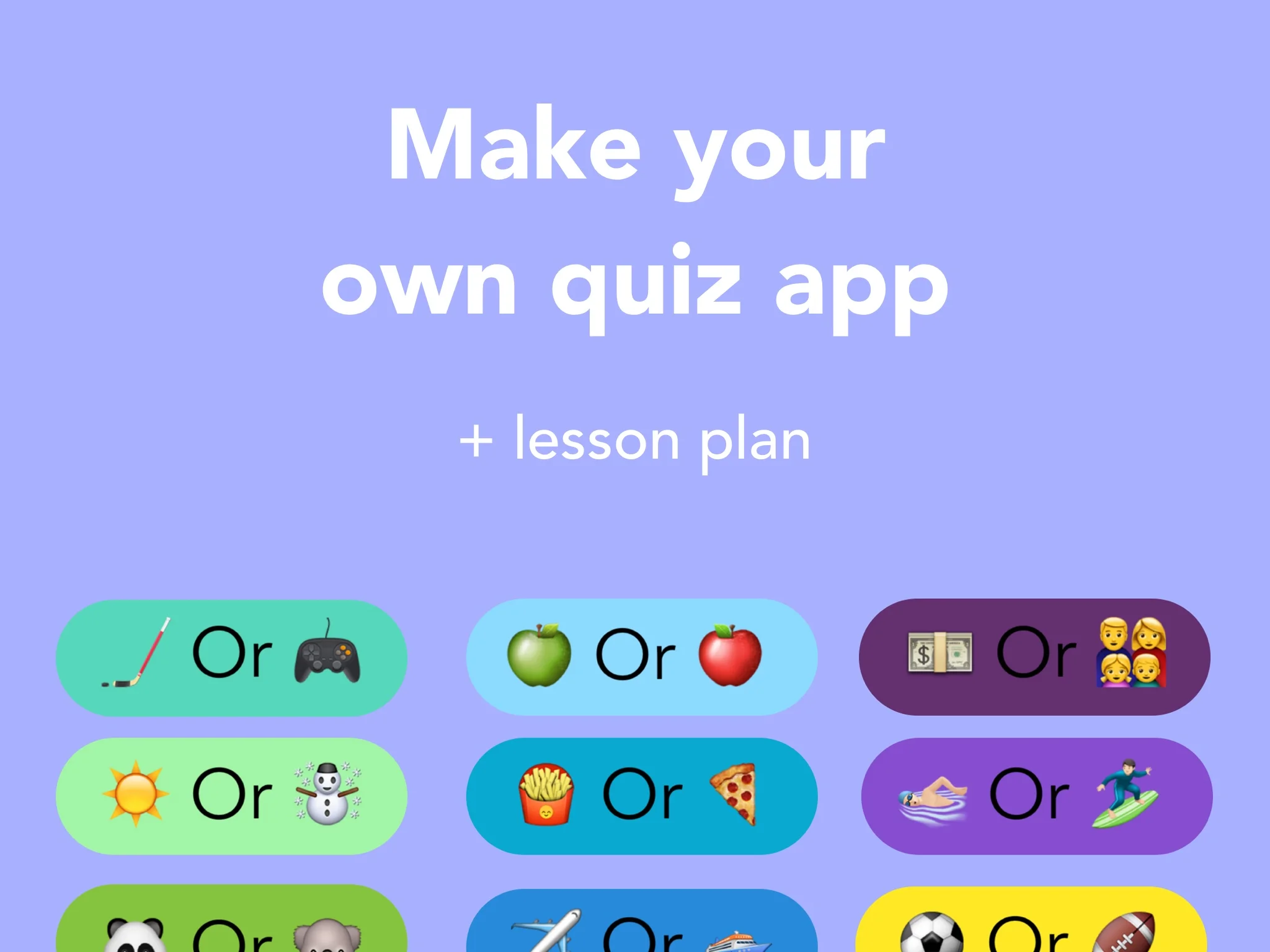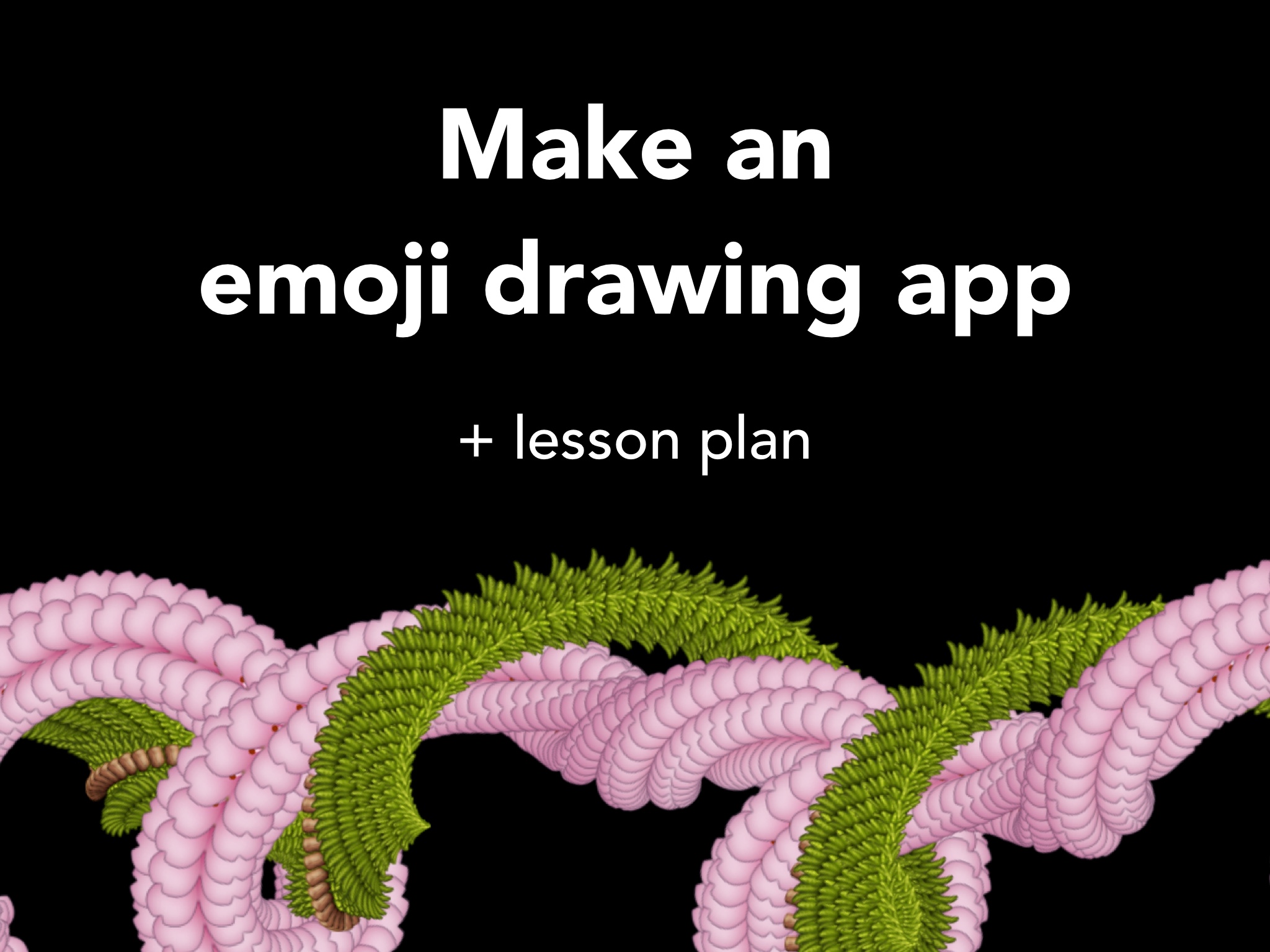
HOUR OF CODE
Inspire the next generation of coders
Our Hour of Code activities provide teachers, parents, and educators with free tutorials and lesson plans.
Introduce coding to your students in just 1 hour or less!
Each easy-to-teach lesson is designed for kids ages 8 and up. K-12 curriculum These fun activities will be sure to capture your student’s imagination, expand their creativity, and teach them key programming concepts.
No previous computer programming experience is required for teachers!
Ready to go?
Start WITH THESE 3 ACTIVITIES FIRST
These three Hour of Code activities are sure to inspire your students.
Make "Don’t Drop the Phone!"
Engage your students with programming fundamentals through creative coding and play.
In this lesson, students can make their own version of the hilarious tapper game “Don’t Drop the Phone.” Along the way, they will learn critical problem solving skills, game design, and key programming concepts such as: clones, sequences, loops, rules, and randomization.
Make your own Crossy Road
In this activity, students can create an App Store favorite: Crossy Road!
By the end of this lesson, students will have created a real game that they can customize to make their own and share with friends. Along the way, they will learn how to use key programming concepts.
Make Geometry Jumper
Give your students the thrilling opportunity to create a real game!
By the end of this activity, your student will have a fun game of their own that they can play and share with friends. Along the way they will build an understanding of key programming concepts, problem solving, debugging, and game design skills that will develop their confidence and creativity with code. No previous coding experience is required.
Transform Your Lessons
With these fun activities
Incorporate code into a science or English language arts lesson.
Lesson plan: ELA + coding
Let your students code their poems, stories, or a historical event to life!
This lesson is an exciting way for your students to create connections between programming and other subjects/fields they are interested in. In this activity, students will identify and analyze key components of story structure, and code a project using fundamental programming concepts such as events and sequences.
Lesson plan: Modeling Natural Systems
In this activity, your students can build an interactive model of the water cycle in Hopscotch!
Students will use Hopscotch as a tool to express understanding of scientific concepts, and they’ll be in awe of the animations they can create with just a few lines of code. You can even apply the same premise of this activity to other natural systems!
Make a Quiz App
In this activity, students will create a multiple-choice question quiz that will help them answer an age-old question: “Which emoji are you?”
This fun project introduces fundamental computing concepts such as: sequencing, events, loops, values, and conditional statements. With a little adjustment, this same activity can be made into a factual quiz that checks the answers for correctness; for example, an english quiz on new vocabulary words or a biology quiz about the structure of a cell.
Let Creativity Run Wild
with these fun interactive art projects
Your students will be blown away by how creative they can be with code.
Make Emoji Draw
Give your students the gift of creativity with code!
Your students will blown away by how creative and expressive coding is after creating a fun drawing app with just a few lines of code. Students will write rules and sequences to bring their art to life. They’ll also learn how to use problem solving skills to design solutions and debug their code.
MAKE A FIREWORKS APP
Get your students excited to create technology!
This step-by-step video and lesson guide will show students how to code an app that generates fireworks (safely!) with just a few taps. In addition to creating a real app, students will learn critical problem solving and design skills.









